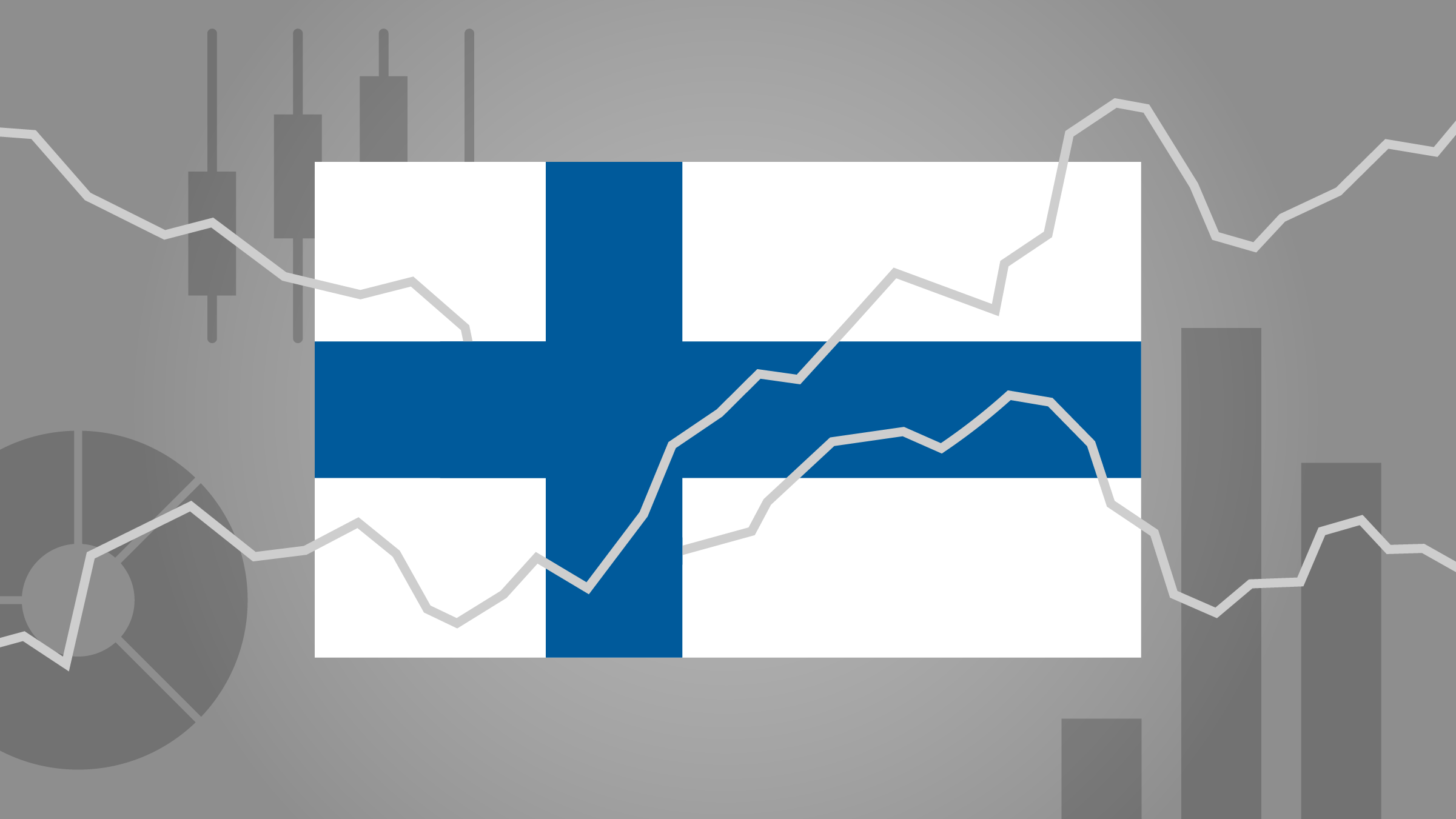Mitä tapahtuu riskipitoisille, yhden kehittyvän maan pörssikehitykseen sidotuille etf-rahastoille, kun kriisi iskee? Siihen kannattaa perehtyä nyt, kun nämä riskipitoiset etf-rahastot keräävät paljon kiinnostusta.
Oheisessa videossa Morningstarin Pohjois-Amerikan etf-tutkimuksen johtaja Paul Justice muistuttaa, että hyvin volatiileilla markkinoilla suuren epävarmuuden aikana etf-rahaston osto- ja myyntikurssien välinen spredi voi kasvaa suureksi. Siksi voi olla viisasta odottaa tilanteen tasaantumista hieman, jos on kiinnostunut sijoittamaan tällaisiin tuotteisiin. Näin on etenkin, jos ostaa etf-rahastoa maahan, jonka pörssin aukioloajat ovat hyvin erilaiset kuin oman kotipörssin, jolloin etf:llä käydään kauppaa Euroopassa hyvin epävarman informaation varassa.
Englanninkielisen haastattelun purku:
Jeremy Glaser: After the turmoil in Egypt and the devastating earthquake and tsunami in Japan, we've seen a lot of investor interest in these country-specific ETFs.
Obviously, the choice to invest is up to you, but if you do decide to look at these ETFs, what are some of the things that you should keep in mind?
I'm here with Paul Justice--he's the director of North American ETF research--to look at some of the pros and cons of these structures. Paul, thanks for joining me.
Paul Justice: Glad to be here.
Glaser: So when we think about investing in a country-specific ETF, especially in a time of turmoil, what are some of the factors that investors should keep in mind?
Justice: Well whenever you have a big event like this, the riots or tsunami, you're going to have heightened volatility within the domestic market. There's a great deal of uncertainty that's introduced, that's certainly someone in the U.S. isn't going to be able to forecast any better than somebody who's on the ground in Japan or Egypt or wherever that stuff is going on.
So what you can expect as you approach this investment idea is to have bigger price dislocations, the bid/ask spreads to really widen out, and for these ETFs to seek a new level of price discovery.
So, it might not be a great idea to jump in on the first couple of days when these events are unfolding, because as the investor, you have to worry about what the underlying assets are worth. While one thing with Japan that we know is that, that market's not even opened when New York is open and trading, so when you're buying this ETF, we don't know what the actual prices of the underlying assets are worth. We can use speculation, what's going on in futures markets and other investment vehicles here in the U.S., but it's not always a great predictor of what those prices are going to be during periods of heightened volatility.
Glaser: For investors who already own these ETFs, should they ride it out or should they see this as an opportunity to sell their holdings?
Justice: Well, that depends on their risk tolerance, right? So we saw some interesting things going on with the Egypt ETF when all that turmoil was unfolding. Most ETFs are going to do an "in kind" creation. So, there is some institutional guy out there who's going to aggregate all the stocks, ship them off to the ETF provider for shares of the ETF. Oftentimes what you get with an emerging market, country-specific fund, or even a broad emerging-market fund, you're going to have what we call cash creations, or the authorised participants are going to actually give cash to the fund to go out and buy these stocks.
Now in the case of Egypt, that fund ended up being 40% cash at one point in time simply because people wanted shares of the ETF, but there was no stock exchange that was open for them to go out and purchase shares. So, if you got 40% cash underneath, is that really an Egypt fund or a cash fund with a little bit of Egypt stock going on, and those stocks we had no quotes on, so really a unique situation.
The odd part was we had such a huge premium on the ETF itself, or the price of the ETF was much greater than what the underlying index said it should be trading at. So, it was like a big closed-end fund phenomena.
So, if I held that ETF at that point in time, yes, I would probably sell it. I would probably take the premium anticipating that the market is not going to rally 50% as soon as the stock exchange opens, so that would have been one circumstance there.
With Japan, this is a developed market that we're talking about; this isn't a case where you're having civil unrest. The stock exchange is probably going to be open, functioning well, you're not going to have that same level of volatility, and you're going to have access to markets to do some creation. So, I doubt that you're going to see any premium or discount really persist on the Japan ETF for more than a day.
















